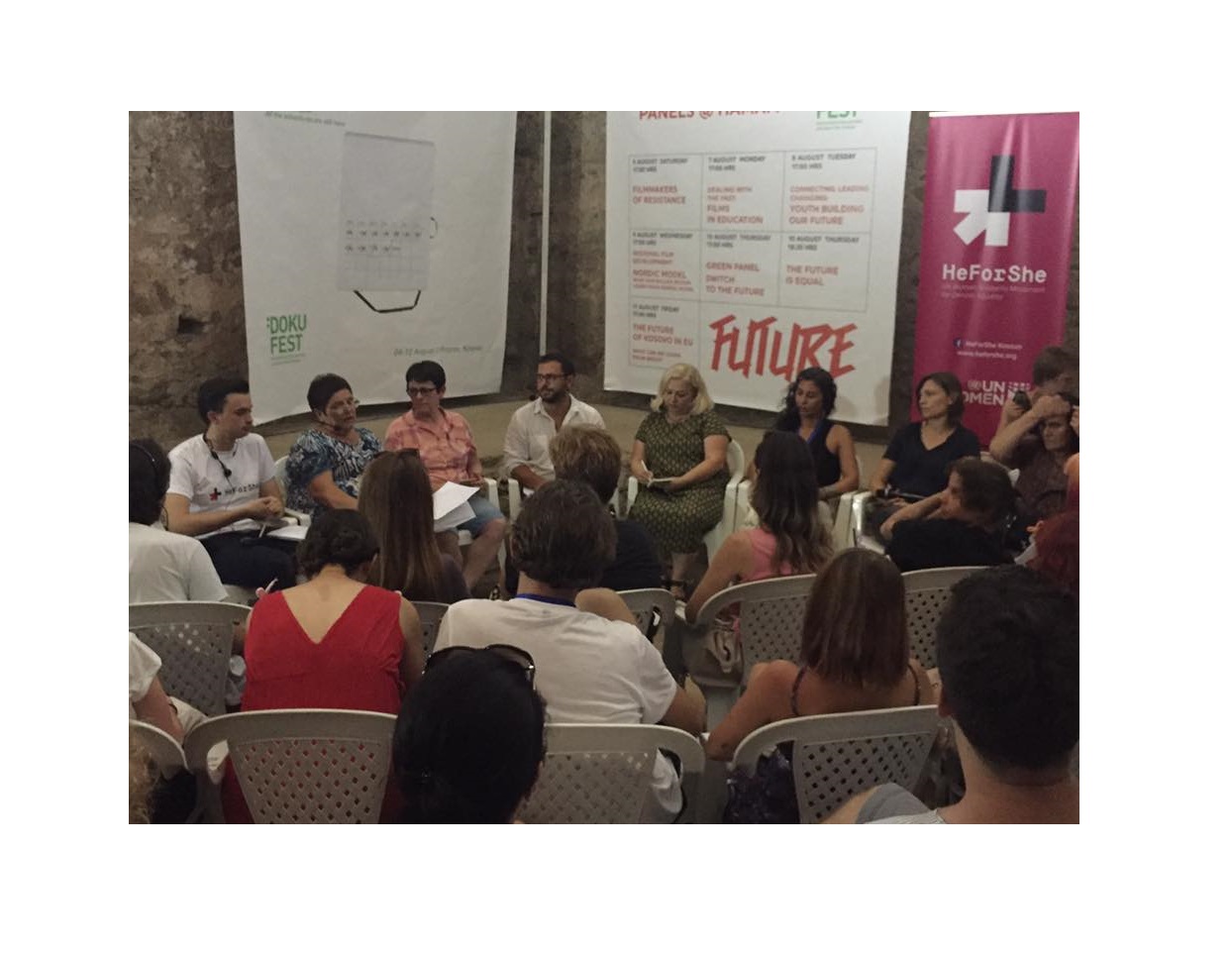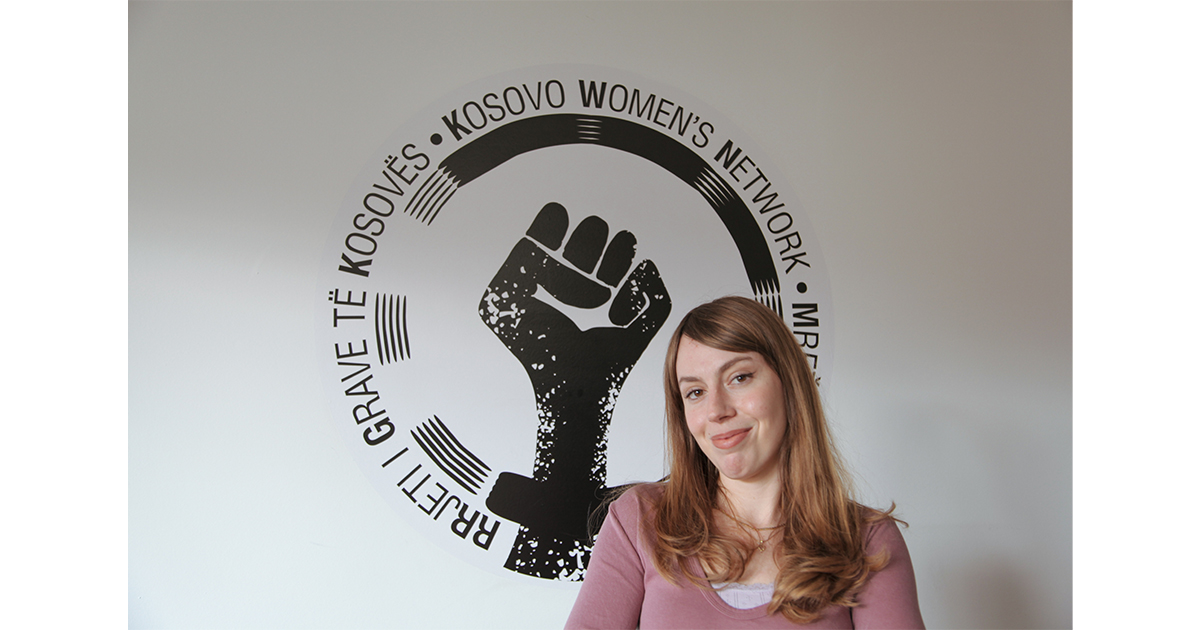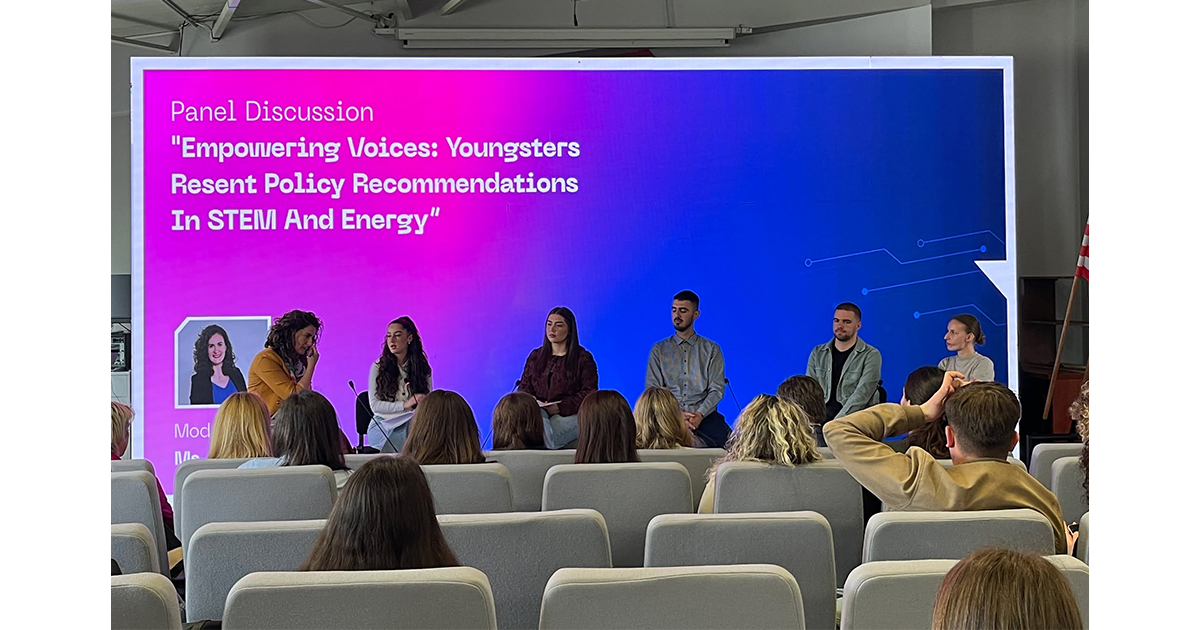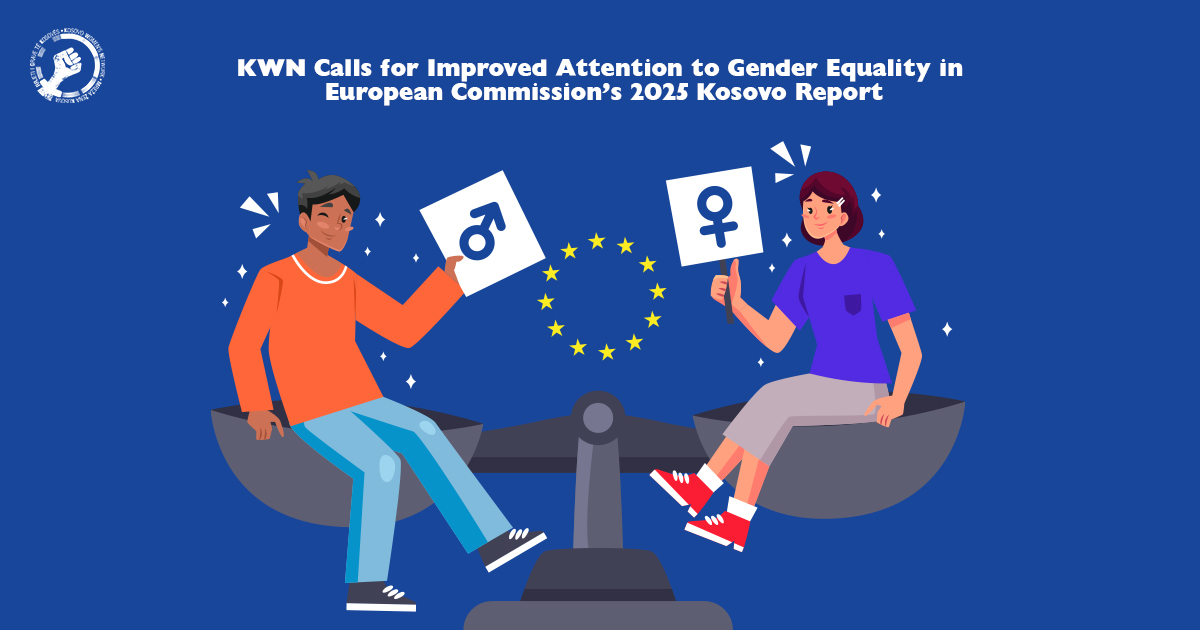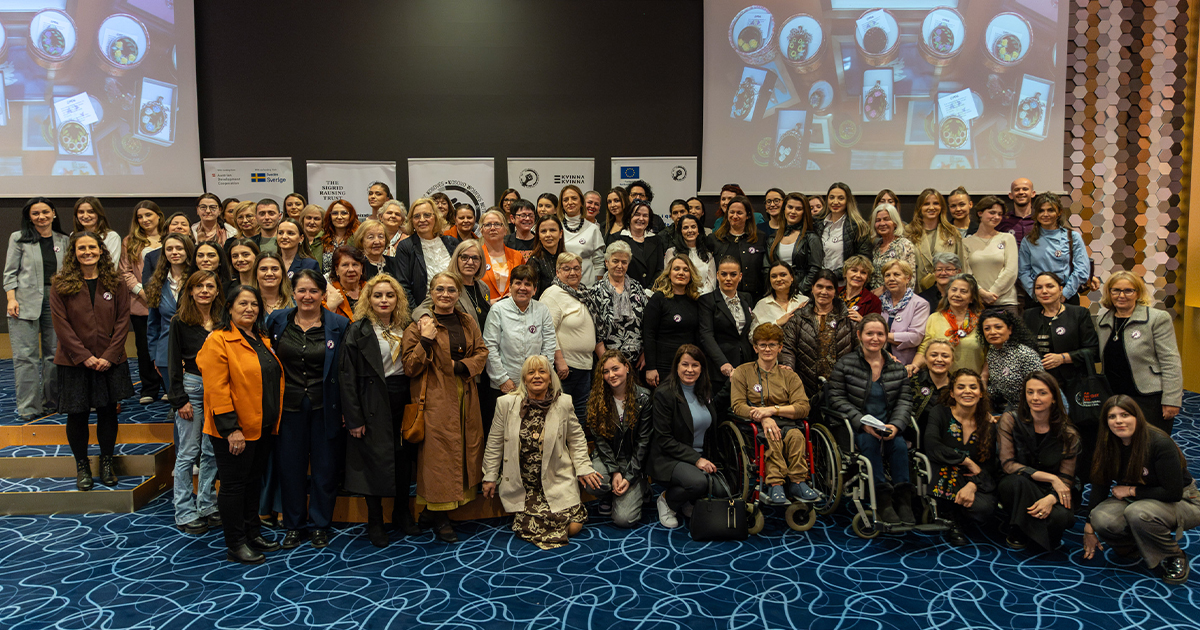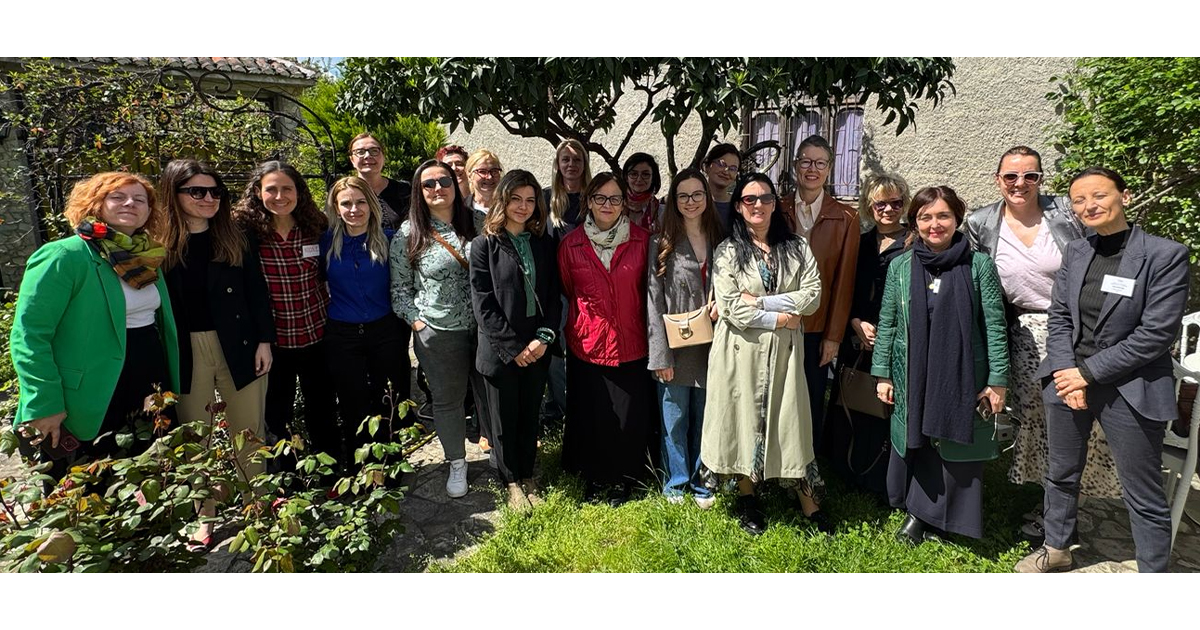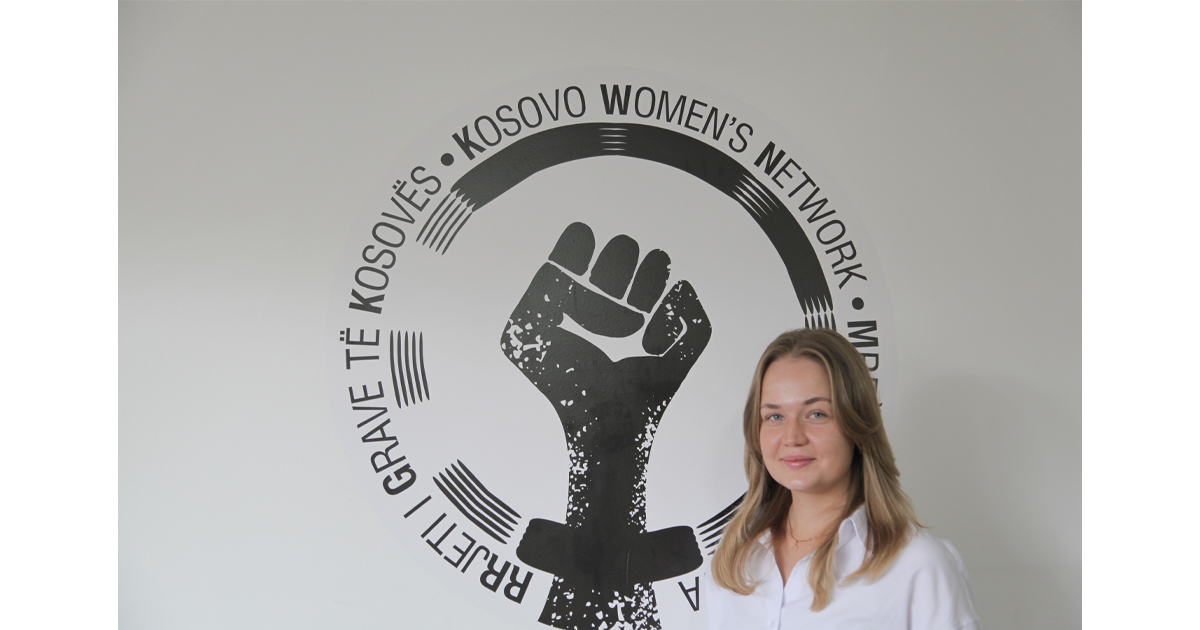With a rich artistic diversity, at the same time touching the concerns and the current issues in the country and in the region, this year with the motto ‘the future’, DokuFest Festival for the 16th time once again gave a different spirit to Prizren, respectively all citizens of Kosovo.
Enriched with films, events and discussion panels on August 10, a panel discussion on gender equality and women’s rights in Kosovo was organized by UN Women in cooperation with Dokufest.
By sharing personal experiences, and during the activism for gender equality, the power relations between women and men in Kosovo, women’s rights and education of the younger generation to these issues, the panel was composed by speakers from various profiles such as: Flora Macula, Head of the UN Women Office in Kosovo; Igballe Rogova, Executive Director of Kosovo Women’s Network (KWN); Besnik Leka, an activist for the rights of women, minorities, youth and children; Daniëlle Bremer, director of the movie "The Lord of the House"; Gjejrane Lokaj, director of "Women’s Initiative" in Dragash; Ruken Tekes, human rights activist in Turkey; and Valdete Idrizi, Executive Director of the CiviKos Platform.
During her speech, Rogova shared with attendants the activism of the 1990s when the "Motrat Qiriazi" association went and advocated for the education of girls as the most important tool of an equal society. She reminded that "To reach our goals we have always met with men, either on the street, or on a bus or school", emphasizing that gender equality can only be reached when working together.
Meanwhile, for the importance of education spoke also Gjejrane Lokaj, otherwise the protagonist of the film "The Lord of the House" directed by Daniëlle Bremer and produced by Edon Rizvanolli, who appeared in the framework of DokuKino, after the panel. Gjejrane was the brave girl who in the 1970s fled from her home late at night to pursue her dream, to be educated.
"The Lord of the House," referring to the head of the family who decided when the girls should stop the school and when she should get married, brings all the hard road that Gjejrane had to pass only to become an example for many girls and women, including her sisters, who later finished their education and with much admiration called her now "the lady of the house".

